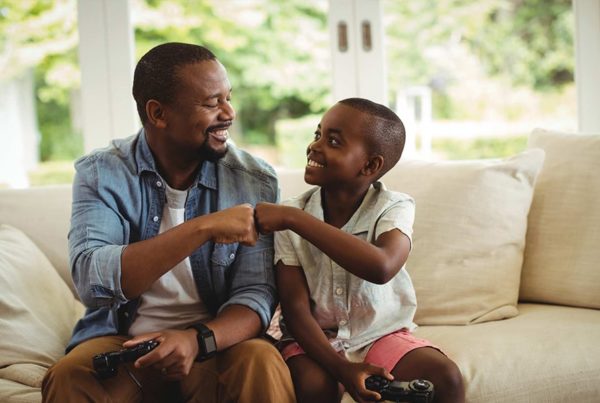
Source: New York Times
by Estelle Erasmus
Teaching children how to take the air out of the teasing.
When my 10-year-old daughter was shunned by her friends a few years ago, we tried a surprisingly effective anti-bullying strategy.
The trouble started during a play date when three little girls battled over who would wear the one sparkly gown for dress-up. It ended up my daughter’s prize, infuriating one of the girls who told the rest not to play with her. My daughter defended herself, crying, as the other girls continued to taunt her.
Searching for answers, I came upon the work of Izzy Kalman, a school psychologist, educator and author of “Bullies to Buddies: How to Turn Your Enemies Into Friends.” His concept of the golden rule is to treat the person insulting you as a friend rather than an enemy, and not to get defensive or upset.
Following his online advice, I told my daughter: “If they say they don’t want to play with you, say very politely, ‘It’s a free country. It’s O.K. if you don’t want to play with me.’ Then find something else to do.”
It seemed like a lot to ask of a child who was already upset. But we role-played until she had the script down. The next time someone tried to shun her, she didn’t act offended, and the other children saw her as less of a target and moved on. Eventually, the friendships resumed with minimal emotional collateral damage.
[Read more on helping kids manage social conflict.]
Mr. Kalman’s strategy differs from the approach favored by many schools in several ways: It avoids labeling a child as a bully (it’s an insult, like “wimp” or “loser”), but also advocates going to adults for advice or help with role playing. His method encourages kids to solve problems on their own rather than asking an adult to put pressure on the school to take the side of the upset child over the one identified as the “bully.” He also teaches children how to handle threats and situations where they are made to feel unsafe.







